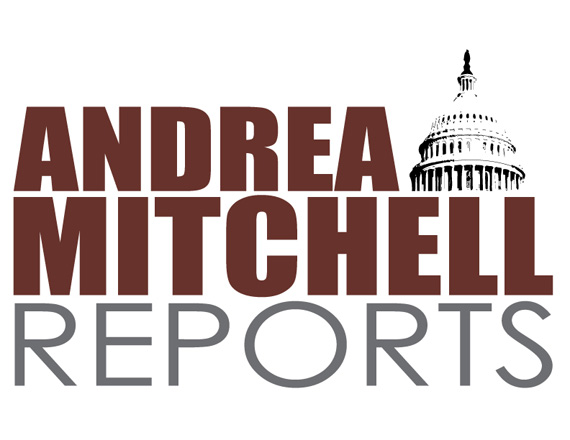Iran sought the money from every administration since Carter’s; will Obama’s deal encourage more claims?
When the shah of Iran fell in 1979, the U.S. froze at least $400 million of Iranian money sitting in a Pentagon trust fund. The Islamic Republic of Iran never stopped trying to get it back.
Tehran unsuccessfully sought the money from Jimmy Carter in return for 52 American diplomats held hostage for 444 days. It asked the Reagan administration for the same money during dealings that led to the Iran-Contra scandal. The issue came up...
















